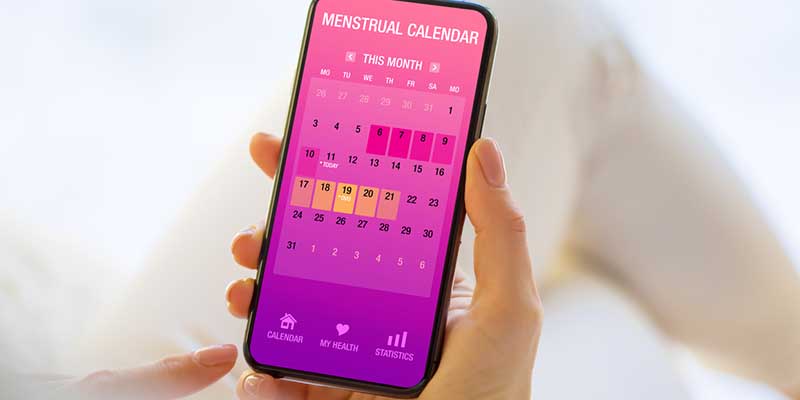The impact of the COVID-19 pandemic has been linked to irregularities in periods, according to the first American study into the affect of pandemic-related stress on menstrual cycles.
A team from Northwestern University surveyed more than 200 women and people who menstruate, between July 2020 and August 2020. They found that more than half reported irregularities in their periods following the start of the pandemic.
- Early onset of menstruation linked with increased type 2 diabetes risk
- Periods (Menstruation) and diabetes
Greater stress levels were linked to heavier bleeding and longer periods in comparison to those with lower stress levels.
The authors of the study say their findings help to explain the impact of the pandemic on
women’s mental and reproductive health.
Past research has demonstrated that menstrual cycle irregularities are often linked to anxiety or depression, and are often reported by those experiencing extreme life stress, such as natural disasters, displacement, or famine.
Lead and corresponding author Nicole Woitowich, research assistant professor of medical social sciences at Northwestern University Feinberg School of Medicine, said: “We know added stress can negatively impact our overall health and well-being, but for women and people who menstruate, stress can also disrupt normal menstrual cycle patterns and overall reproductive health.
“Given the unprecedented nature of the pandemic and its significant impact on mental health, this data is unsurprising and confirms many anecdotal reports in the popular press and on social media.”
- High levels of testosterone linked to greater risk of type 2 diabetes in women
- Low Carb Program with remote clinical appointments shown to be as effective as face-to-face obesity weight management services
She added: “Reproductive health should not be ignored in the context of COVID-19. We are already seeing the ripple effects of what happens when we fail to consider this important facet of women’s health as many are now experiencing menstrual cycle irregularities as a result of the COVID-19 vaccines or COVID-19 infection.”
The study has been published in the Journal of Women’s Health.




